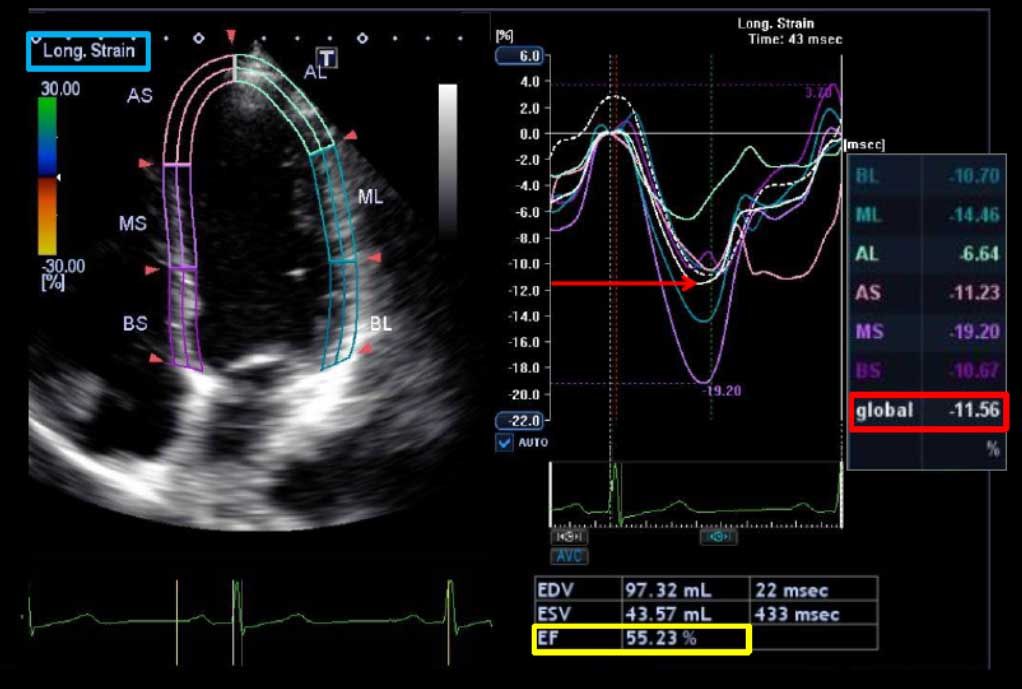Fludrocortisone (Florinef) is ineffective in Vasovagal Syncope
Vasovagal syncope (common faint) is a common disorder responsible for many hospital admissions and significant utilization of resources.
During a late-breaking clinical trial at the Canadian Cardiovascular Congress 2011 earlier this month in Vancouver, B.C., the results of a randomized trial involving the use of Fludrocortisone (Florinef) in vasovagal syncope were presented.
This study was conducted at 17 centers around the world (including Canada and the US) and enrolled 210 subjects, most of them young women in their late 20s and early 30s who had experienced anywhere from two to 15 syncope episodes in the past year, with a mean of three to four.
Patients were randomized 1:1 to either fludrocortisone (0.05-0.2 mg daily) or matching placebo for 12 months.
After one year, the syncope rate was numerically lower in the fludrocortisone group in both the intention-to-treat and on-treatment analyses, but the difference was not statistically significant. Adverse events, however, were minor and rare, occurring in just 16 patients.
It has been concluded that fludrocortisone did not provide a statistically significant benefit in preventing the first recurrence of vasovagal syncope and is unlikely to provide a clinically significant benefit.


